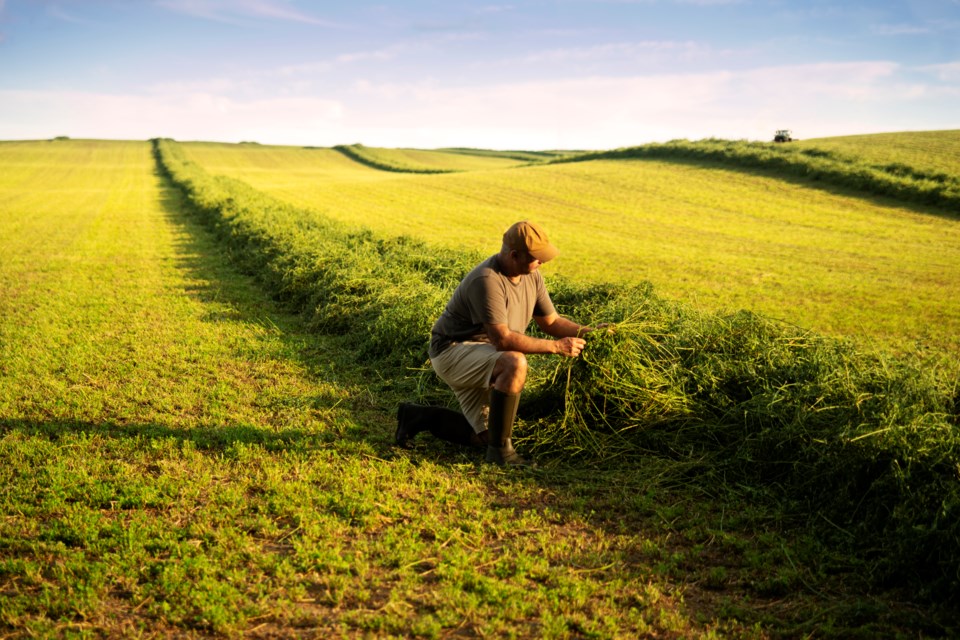REGINA —A total of $3.2 million in funding for research on carbon sequestration in perennial forage and pastures May 30 has been announced by the Saskatchewan and federal governments.
The funding was approved under the Strategic Research Initiative (SRI) which advances research to address complex challenges faced by the agriculture and agri-food sectors.
The project, jointly undertaken by Dr. Angela Bedard-Haughn of the University of Saskatchewan and Dr. Cameron Carlyle of the University of Alberta over the next five years, will examine soil carbon stocks in perennial forage systems across Saskatchewan, and investigate the link between producer management practices and carbon stores to identify practices that promote carbon sequestration. One of the outcomes of the project will be maps providing an accurate estimate of carbon in Saskatchewan's pasture and rangelands.
The application included 11 letters of support from different industry organizations, which reflects the importance of this work to the provincial agriculture sector, according to a press release. The project is co-funded by the Saskatchewan Cattlemen's Association which contributed $100,000 to the total amount and a $25,000 in-kind commitment.
"The carbon economy must be built on a credible foundation," Saskatchewan Cattlemen's Association chair Arnold Balicki said. "Despite a lot of activity, there still needs to be this baseline building on hay and grassland. This should help cattle producers credibly participate in whatever the carbon opportunity is. Meanwhile cattle producers will continue managing their land for productivity along with the biodiversity and carbon sequestration that are intrinsic to grazing cattle."
"Creative, collaborative and co-operative research is how our institution strives to deliver long-term benefits and resources for Saskatchewan's agriculture sectors," University of Saskatchewan Vice-President of Research Baljit Singh said.
"This project will contribute significantly to our understanding of a complex issue. A better understanding leads to better decision making and practices within the industry. Ultimately, that is the kind of discovery the world needs."
The SRI is funded through the Canadian Agricultural Partnership, a five-year, $3 billion program by federal, provincial and territorial governments that supports Canada's agriculture, agri-food and agri-products sectors. This includes a $2 billion commitment that is cost-shared 60 per cent federally and 40 per cent provincially/territorially for programs that are designed and delivered by provinces and territories, including a $388-million investment in strategic initiatives for Saskatchewan agriculture.
Details on the SRI can be found at .






